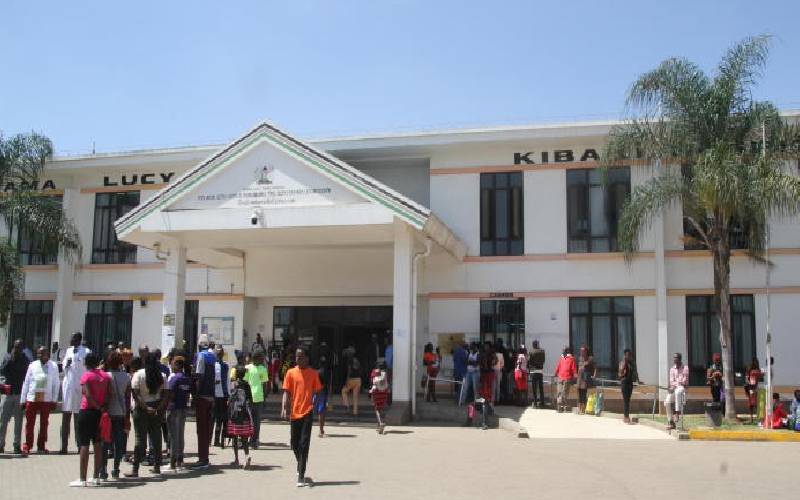×
The Standard e-Paper
Join Thousands Daily

Though cholera is an easily preventable disease, World Health Organisation statistics reveal the disease claims between 21,000 and 143,000 lives every year globally.
Markets, eateries and butcheries, our major food sources, are among key drivers of cholera. This is because many of them fail to observe prescribed hygiene standards.